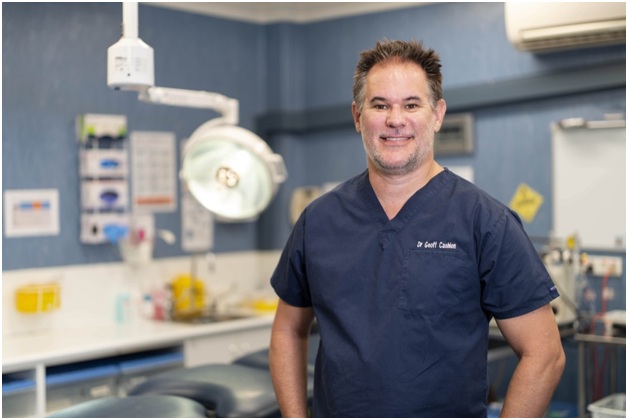Medical Detox as First Step Towards Addiction Recovery

Drug dependence or addiction is a common problem in society today. But, you’ll be surprised to know that people are not only addicted to the typical illicit drugs such as cocaine, heroin, and the likes. Today, prescription drugs, those approved even by the Food and Drug Administration (FDA) such as Oxycodone (OxyContin), Fentanyl, Xanax, and many others, have proved to be addictive and are becoming a problem, especially for long-term users.
The good thing is that recovery centers such as https://www.vsmdetoxaustin.com/ are stepping up to mitigate the situation by ensuring that drugs prescribed to solve a health problem do not contribute to an even worse problem. So, have they been successful? Those who have implemented solid recovery programs have helped many people come out of addiction and avoid a relapse. In this case, once a person addicted to drugs agrees to join a recovery program, the first step to get them clean is medical detoxification, also known as (medical detox)
What is Medical Detox
Detoxification is the process of removing drug toxins from a patient’s body. The process is tailored to assist patients in dealing with the withdrawal symptoms that occur with quitting and help them overcome physical dependence.
Detoxification under medical supervision is the first step in recovery from addiction and is often followed by behavioral treatment, medication, and ongoing support.
Withdrawing from a drug of abuse may be life-threatening in some instances. Detox clinics and addiction rehabilitation centers are secure settings where medical experts utilize medications and other techniques to manage the withdrawal process safely.
The detoxification process usually lasts between 7 and 10 days. This duration, however, varies from person to person and is dependent on a variety of variables, including:
- The number of drugs consumed.
- The severity of withdrawal symptoms
- Mental and physical health status
Medical Detox Process
In general, medical detox consists of three stages: assessment, stabilization, and planning for future therapy. During detox, patients may also learn about addiction, participate in therapy sessions, or attend support group meetings.
- Evaluation: During the assessment process, therapists will examine a person’s psychological condition and the quality of their support system using techniques such as questionnaires, physical exams, blood tests, and screening for co-occurring mental health disorders. This information is then used to create a treatment plan that works for them.
- Stabilization: Stabilization is the stage at which individuals stop using drugs, and health professionals assist them in achieving sobriety and a medically stable state. Some substances, such as alcohol, tobacco, and opioids, may be treated with medication to alleviate withdrawal symptoms. Stabilization usually lasts one to three weeks.
- Preparation: Before the detox begins, every patient is prepared for additional treatment to prevent or minimize the side effects of the detox process. Preparation involves educating the patient about the importance of therapy and what they expect throughout the process.
Can you Experience withdrawal symptoms During Medical Detoxification?
A medical detox program aims to help individuals go through the withdrawal process in a safe and monitored fashion. That is, these programs assist in assuring that individuals can become clean without losing their lives, but they do not promise complete comfort. Mild discomfort is, in fact, an integral part of the therapy.
According to the National Institute on Drug Abuse, clinicians use a withdrawal scale to monitor the withdrawal process. They check for the existence and severity of common withdrawal symptoms, such as:
- Sweating or chills
- Anxiety
- Joint and bone aches
- Shaking
- Restlessness
- Stomach upsets
- Loss of appetite
- irritability
Those with severe symptoms may need medications to alleviate their discomfort, while people with moderate or light symptoms may function without them.
Bottom Line
Medical detoxification helps your body eliminate the addictive drug from your system. Although the process is not necessarily easy, it’s possible to gain full recovery if you seek expert advice and commit yourself to the journey towards recovery. When you’re tempted to drop out of the recovery process, just think of why you enrolled in the first place and always keep recovery in mind.






